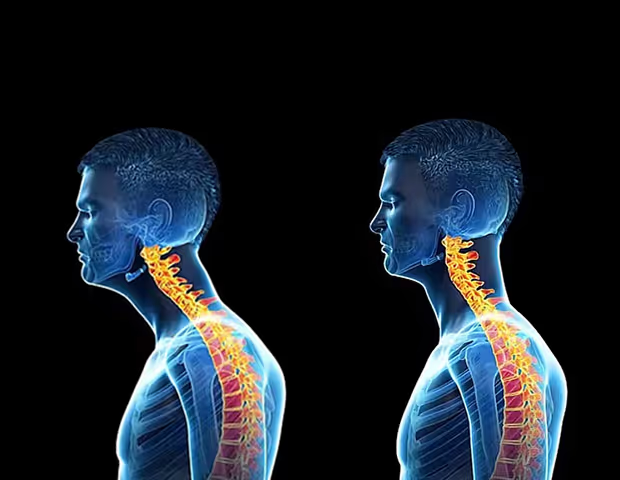Anxiety

Anxiety is a typical human reaction to stress. But too much anxiety can interfere with living a healthy, happy life.
Anxiety is your body’s natural response to stress, where you feel apprehension or fear about what’s going to happen next. You may have an anxiety disorder if your feelings of anxiety:
- are extreme
- last for 6 months or longer
- are interfering with your daily life and relationships
According to Mental Health America, nearly two-thirds of Americans state that stress causes them to lose sleep. They also note that poor sleep habits have been linked to problems like depression and anxiety.
Stress and anxiety often go hand in hand. Stress comes from the demands placed on your brain and body. Anxiety is when you feel high levels of worry, unease, or fear.
Anxiety can certainly be an offshoot of episodic or chronic stress.
Having both stress and anxiety can have a severe negative impact on your health, making you more likely to develop:
- high blood pressure
- heart disease
- diabetes
- panic disorder
- depression
Anxiety and insomnia
Research has found that as many as 36%Trusted Source of people with an anxiety disorder also have insomnia.
Does anxiety cause insomnia, or does insomnia cause anxiety?
This question typically depends on which came first.
Sleep deprivation can elevate the risk for anxiety disorders. Insomnia can also worsen the symptoms of anxiety disorders or prevent recovery. Anxiety can also contribute to disrupted sleep, often in the form of insomnia or nightmares.
Takeaway
Which comes first: anxiety or insomnia? Either one.
According to the Anxiety and Depression Association of America, anxiety causes sleep problems, and sleep deprivation can cause an anxiety disorder.
More health related problems wooden pillow solves

Phone neck syndrome
If you are here and reading this article, you are likely someone who has been suffering with “text neck” or “phone neck syndrome". The term "Phone Neck Syndrome" describes our health condition that develops from frequent usage of screens especially phones while we are texting and scrolling.
.avif)
Poor posture
Poor posture goes beyond aesthetics and can have surprising and often overlooked consequences that significantly affect our health. From headaches, neck and lower back pain to shoulder pain and digestive problems, the effects of poor posture permeate various systems within our bodies.

Headache
Headache pain results from signals interacting among your brain, blood vessels and surrounding nerves. During a headache, multiple mechanisms activate specific nerves that affect muscles and blood vessels. These nerves send pain signals to your brain, causing a headache.
Want to see howwe help people?
people?

Free resources, from the heart
& get a free webinar now!